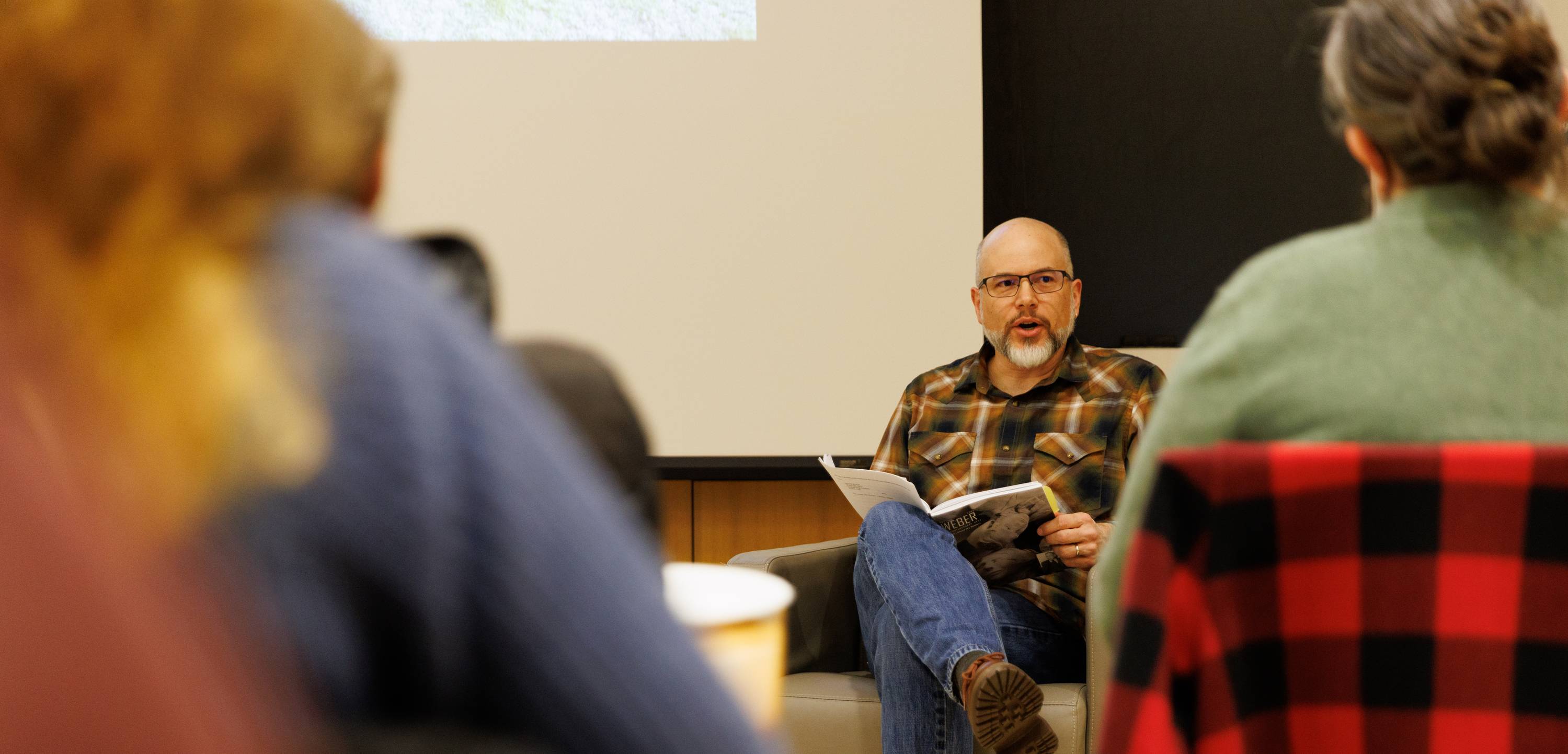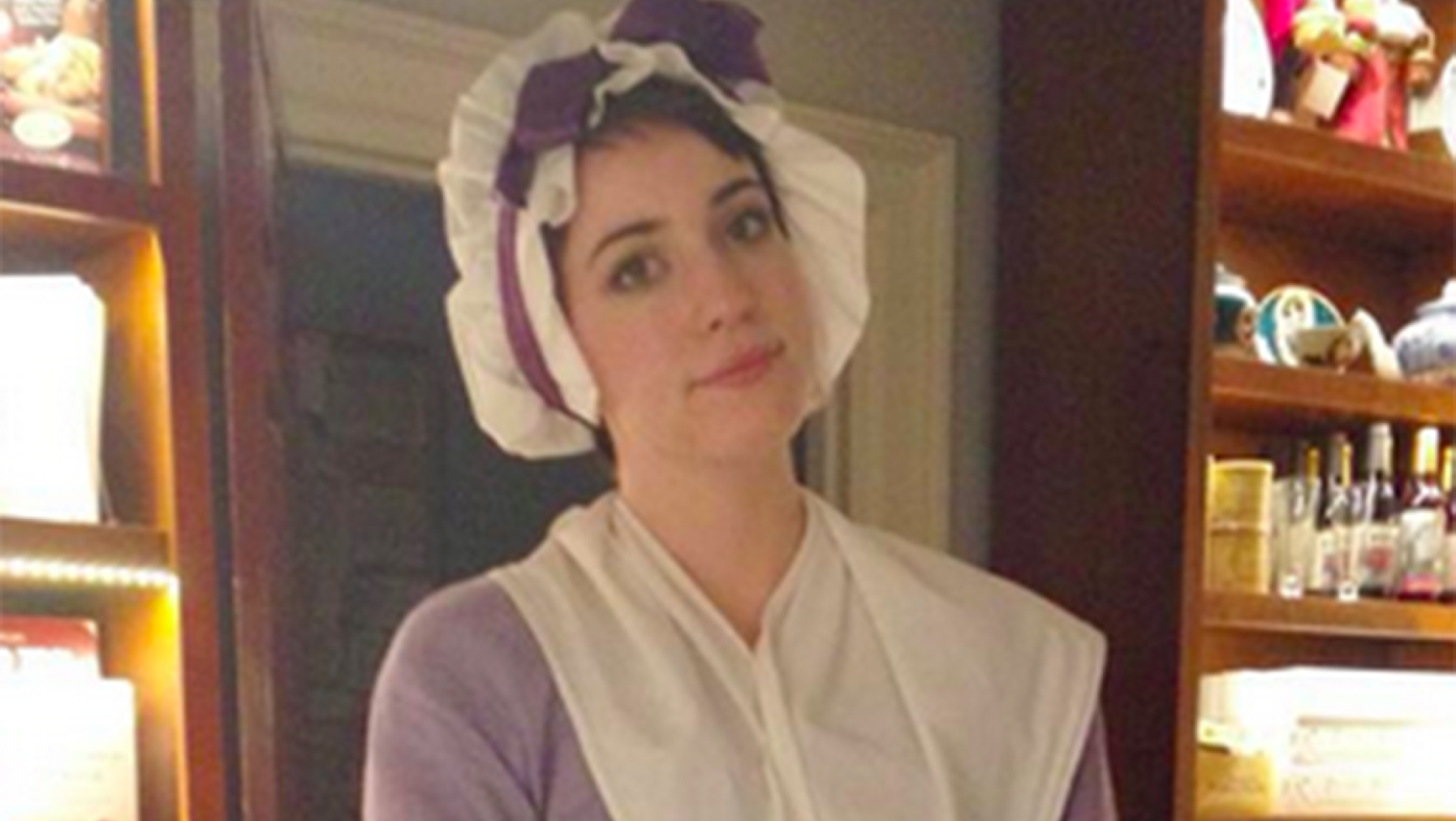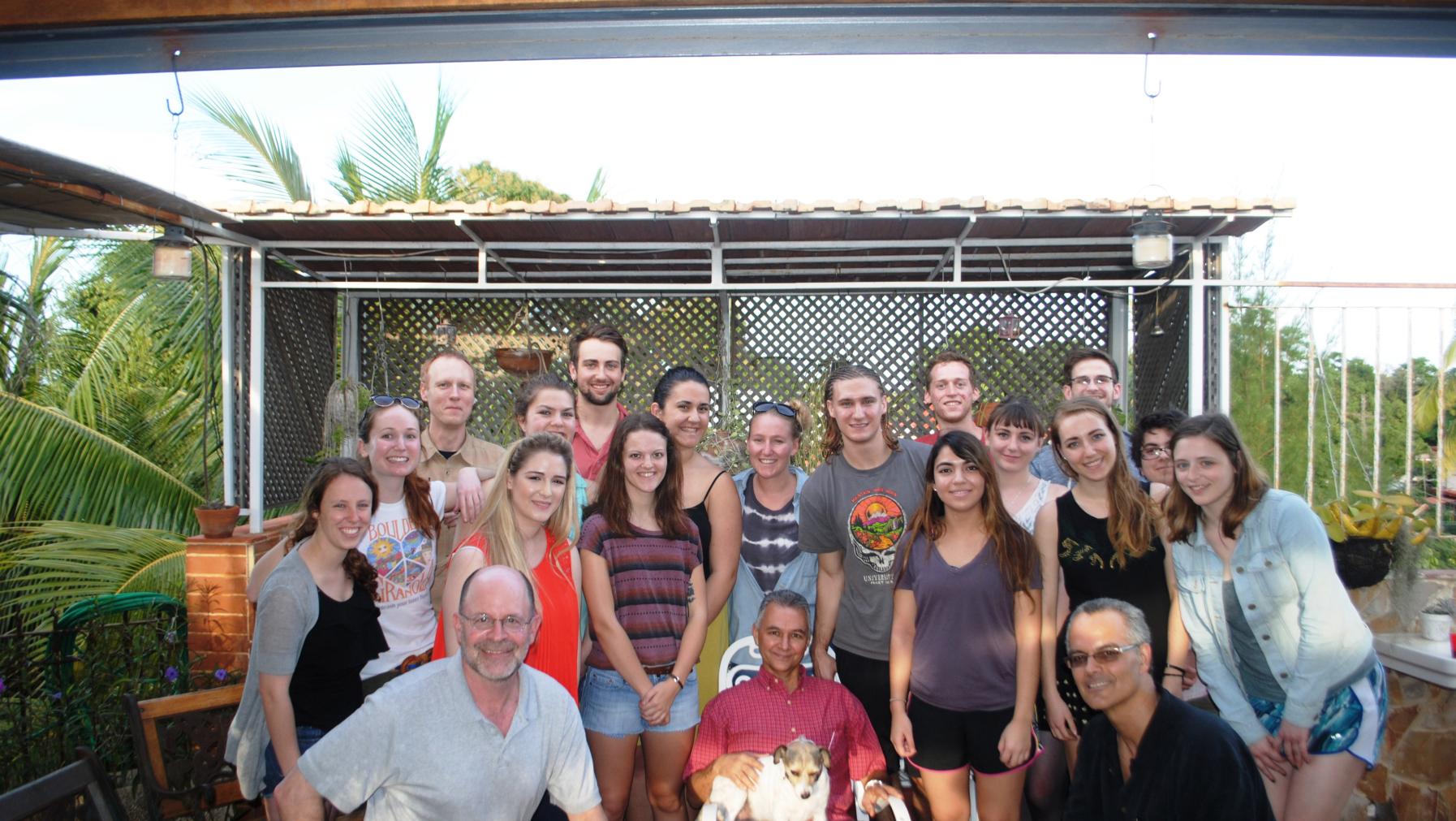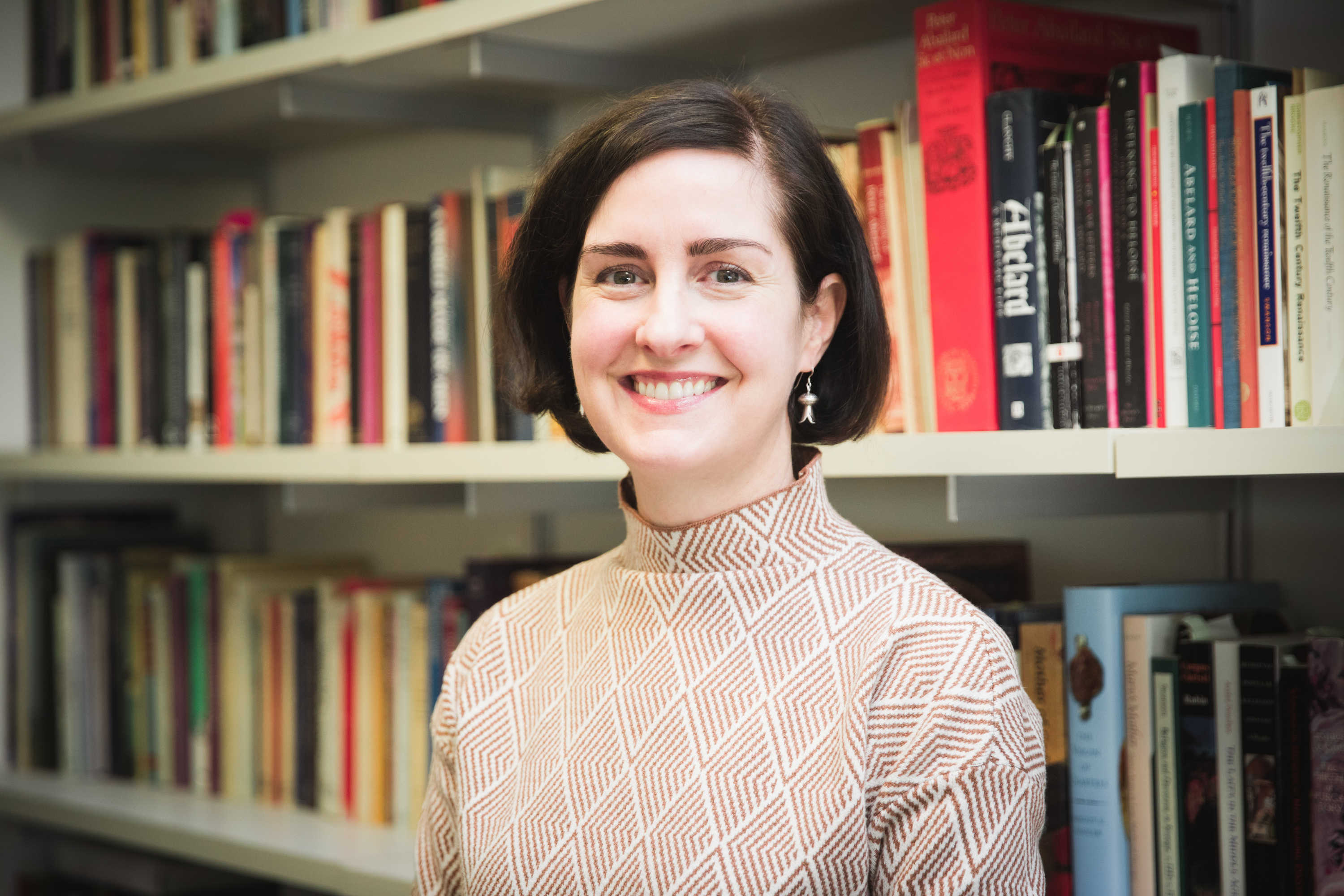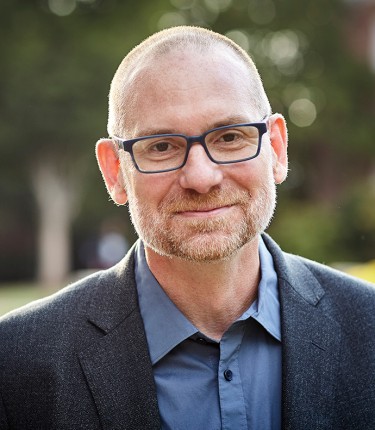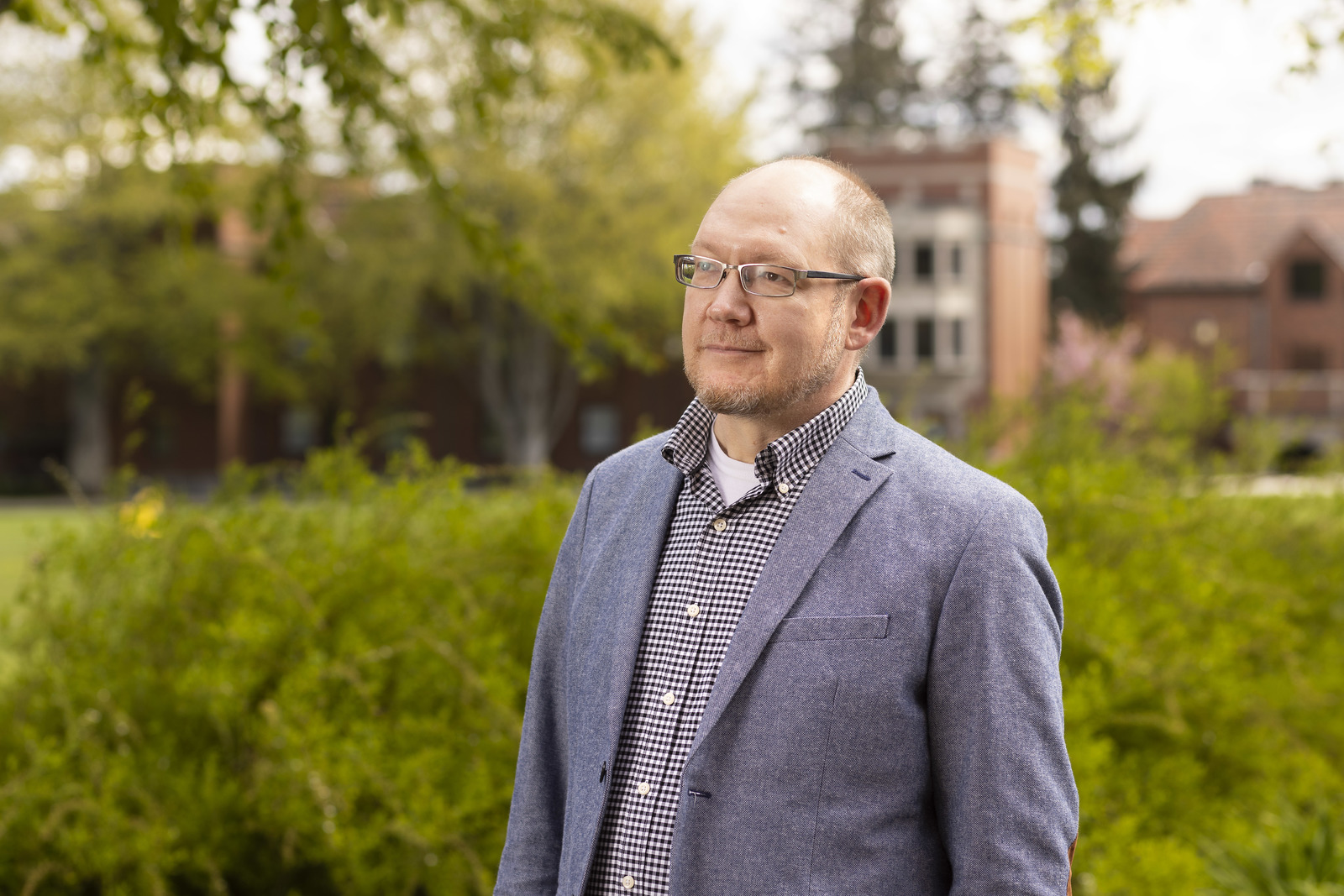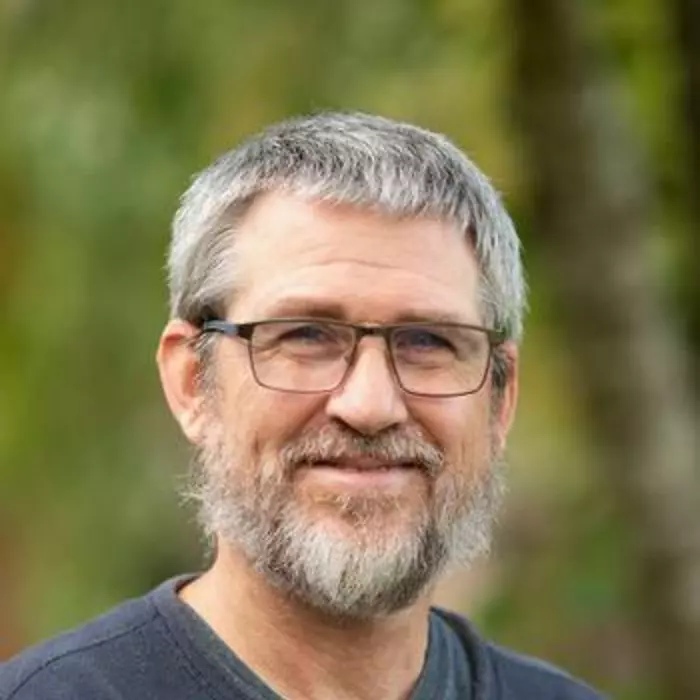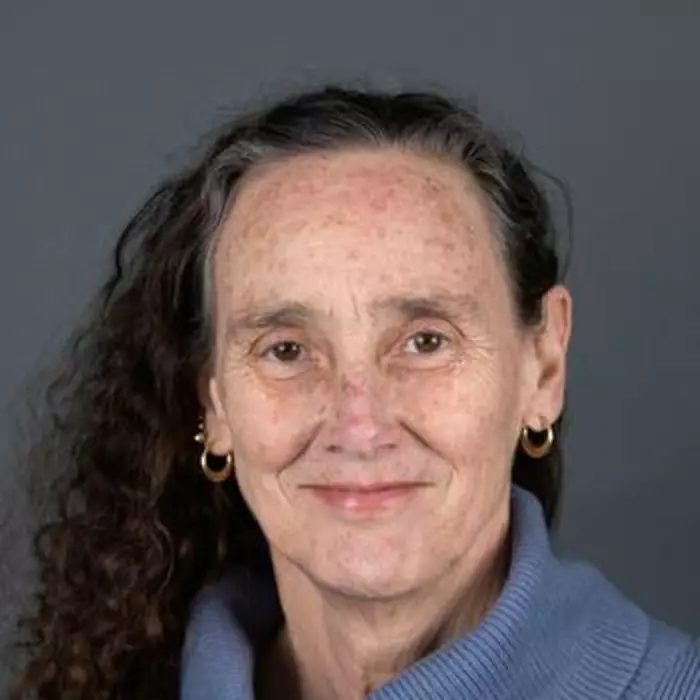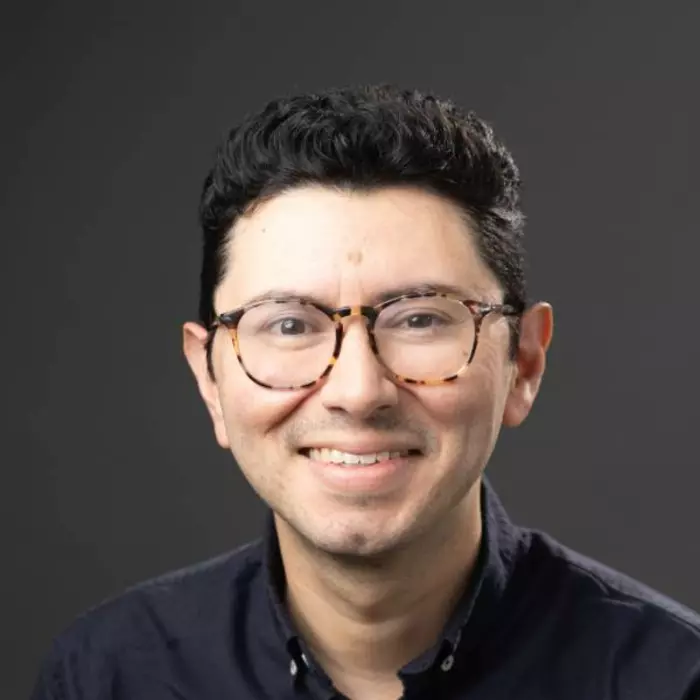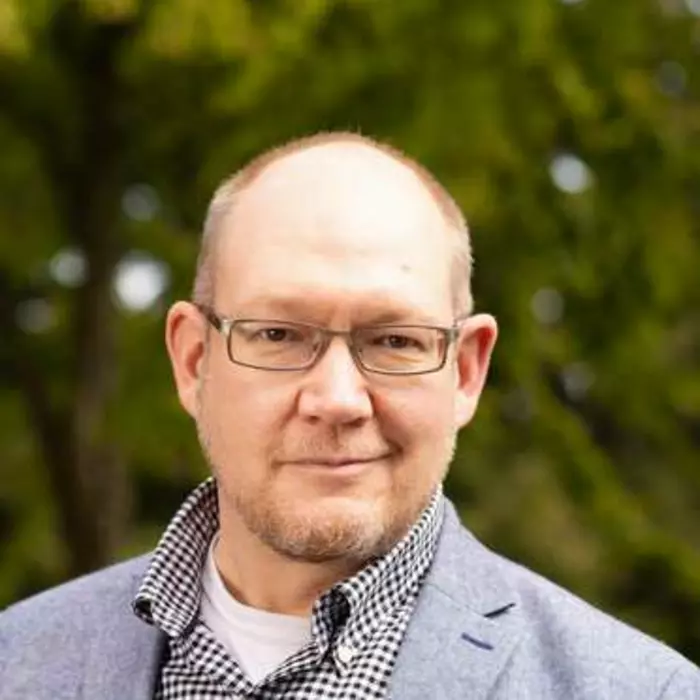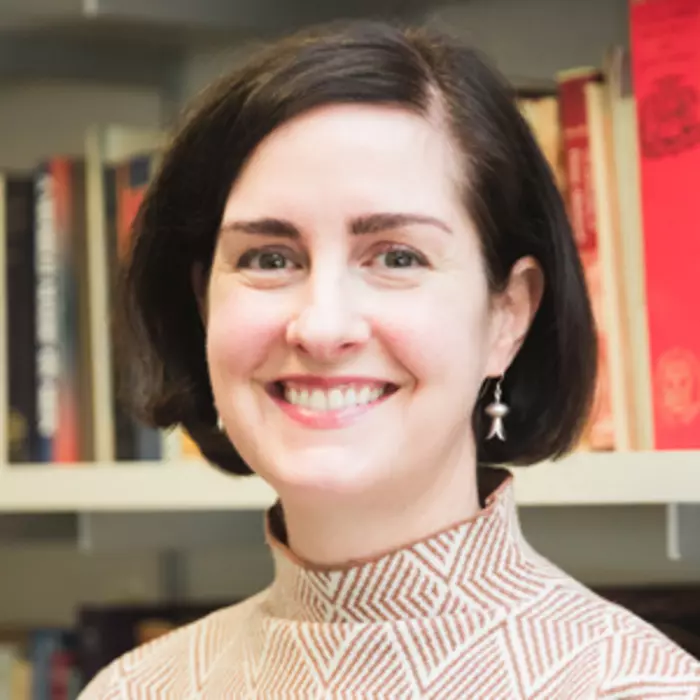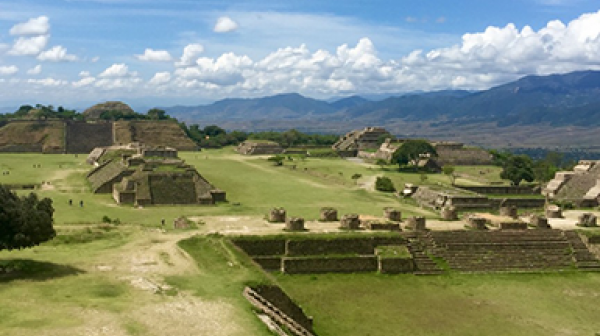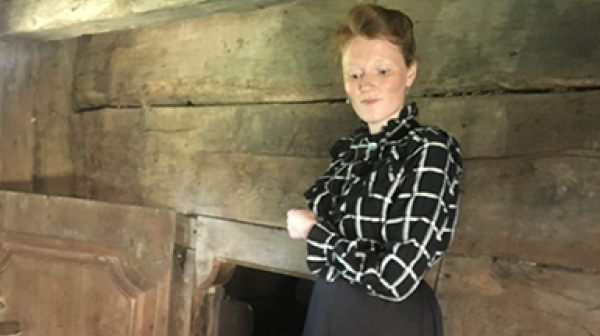Far from being dead and gone, history continues to shape our world in ways large and small. Understanding this means opening up a conversation about how human beings have lived their lives in many places and times around the world—how they have understood themselves, their relationships to one another, and their place on the planet. History courses invite students to engage in the practice of doing history alongside faculty—discovering and assessing sources, considering controversies, forming interpretations, building arguments and ultimately creating their own narratives about the past.
As creative thinkers, skillful analysts, and expert researchers and writers, history students possess the skills needed to succeed in a wide range of careers. Whether they work in schools, high-tech or government offices, courtrooms, libraries, nonprofit organizations, or academia, our students stand out for their ability to tackle difficult problems, evaluate evidence, and work collaboratively, all skills at a premium in our changing economy.
